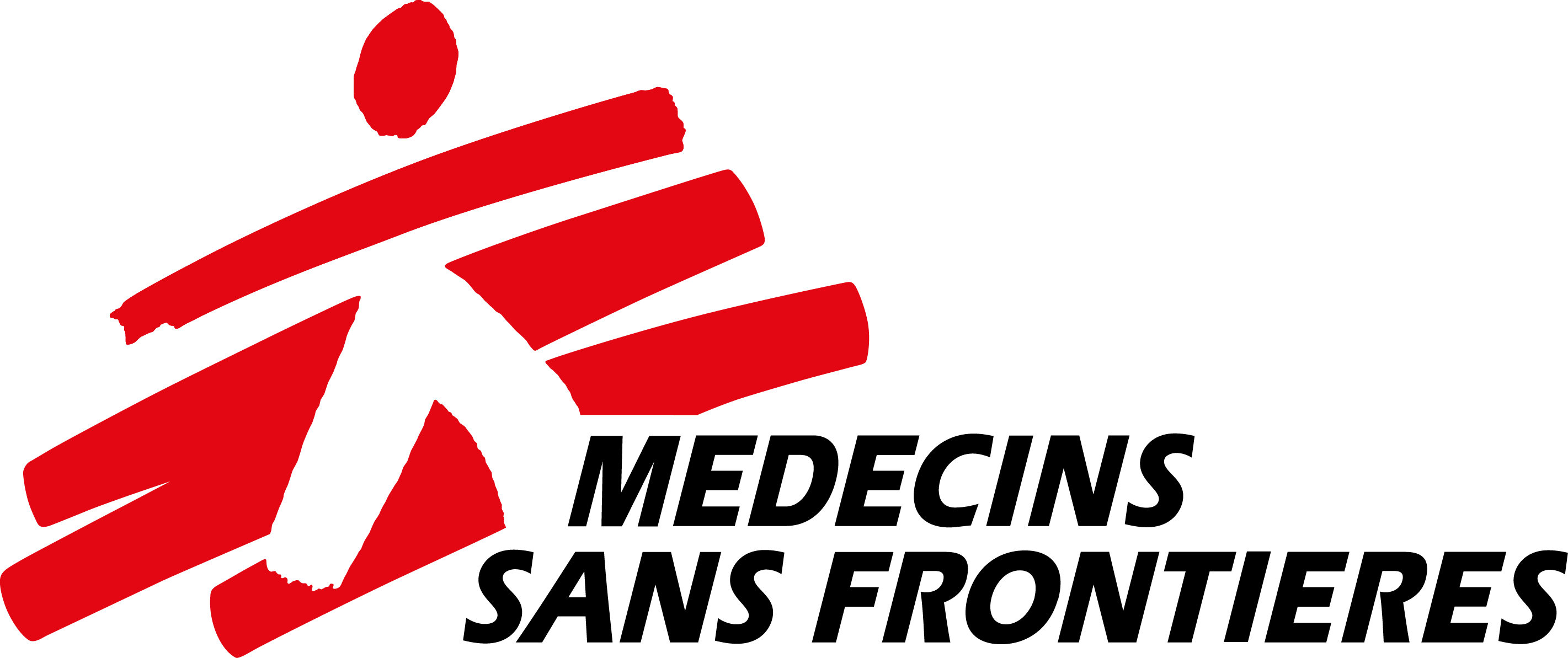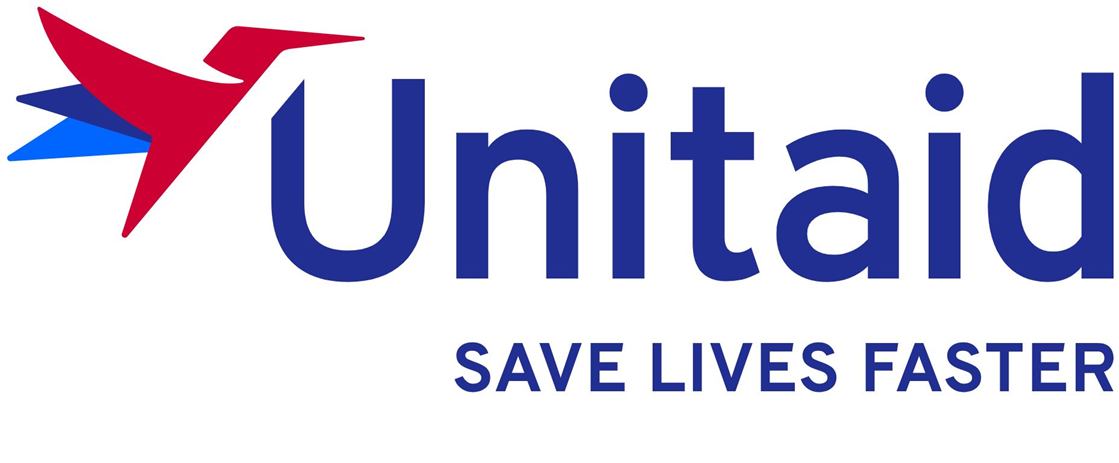Publication: Culture conversion at six months in patients receiving bedaquiline- and delamanid-containing regimens for the treatment of multidrug-resistant tuberculosis
Rifampicin-resistant/multidrug-resistant (RR/MDR) and extensively drug-resistant (XDR) strains of M. tuberculosis (TB) are serious public health problem in Kazakhstan. In 2012 and 2013, stringent regulatory authorities approved the first new TB drugs in fifty years, bedaquiline and delamanid, offering hope for more effective and less toxic MDR-TB treatment. The endTB Observational Study is a multi-country study that enrolled patients receiving a bedaquiline- or delamanid-containing regimen for RR/MDR-TB between 01 April 2015 and 30 September 2018.




